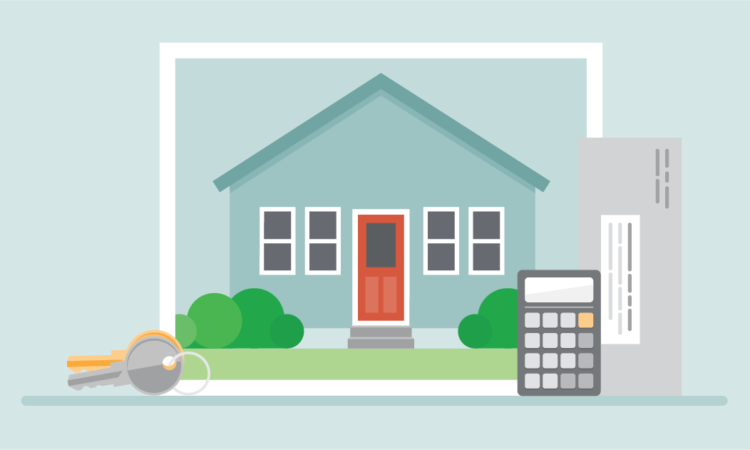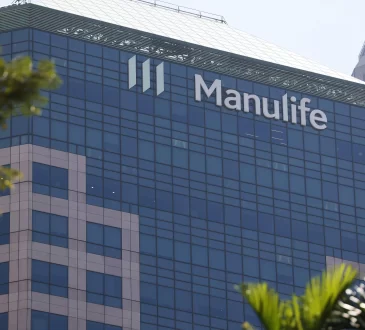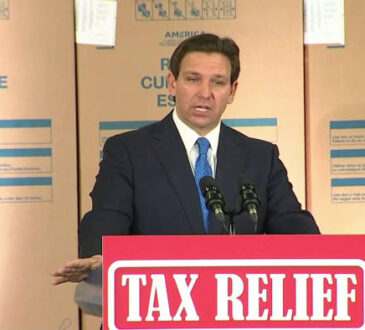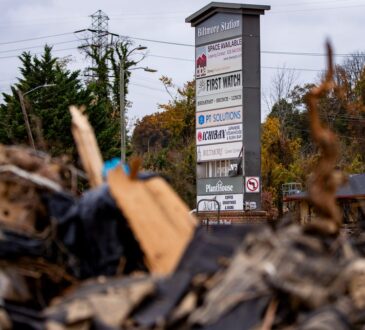
Typically, borrowers making a down payment of less than 20 percent of the purchase price of the home need to pay for mortgage insurance. Mortgage insurance also is typically required on Federal Housing Administration (FHA) and U.S. Department of Agriculture (USDA) loans. Mortgage insurance lowers the risk to the lender of making a loan to you, so you can qualify for a loan that you might not otherwise be able to get. But, it increases the cost of your loan. If you are required to pay mortgage insurance, it is included in your total monthly payment that you make to your lender, your costs at closing, or both.
Does mortgage insurance protect the lender or the borrower?
Mortgage insurance, no matter what kind, protects the lender – not you – in the event that you fall behind on your payments. If you fall behind, your credit score could suffer and you can lose your home through foreclosure. Then, in the worst-case scenario, supposing your property is sold through foreclosure and the sale is not enough to cover your mortgage balance in full, mortgage insurance makes up the difference so that the company that holds your mortgage is repaid the full amount.
There are several different kinds of loans available to borrowers with low down payments. Depending on what kind of loan you get, you’ll pay for mortgage insurance in different ways.
Loan types and mortgage insurance
Conventional loan
If you get a conventional loan, your lender could arrange for mortgage insurance with a private company. Private mortgage insurance (PMI) rates vary by down payment amount and credit score but are generally cheaper than FHA rates for borrowers with good credit. Most private mortgage insurance is paid monthly, with little or no initial payment required at closing. Under certain circumstances, you can cancel your PMI.
Federal Housing Administration (FHA) loan
If you get a Federal Housing Administration (FHA) loan, your mortgage insurance premiums are paid to the FHA. FHA mortgage insurance is required for all FHA loans. It costs the same no matter your credit score, with only a slight increase in price for down payments less than five percent. FHA mortgage insurance includes both an upfront cost, paid as part of your closing costs, and a monthly cost, included in your monthly payment.
If you don’t have enough cash on hand to pay the upfront fee, you are allowed to roll the fee into your mortgage instead of paying it out of pocket. If you do this, your loan amount and the overall cost of your loan increases.
U.S. Department of Agriculture (USDA) loan
If you get a U.S. Department of Agriculture (USDA) loan, the program is similar to the Federal Housing Administration, but typically cheaper. You pay for the insurance both at closing and as part of your monthly payment. Like with FHA loans, you can roll the upfront portion of the insurance premium into your mortgage instead of paying it out of pocket, but doing so increases both your loan amount and your overall costs.
Department of Veterans’ Affairs (VA)-backed loan
If you get a Department of Veterans’ Affairs (VA)-backed loan, the VA guarantee replaces mortgage insurance, and functions similarly. With VA-backed loans, which are loans intended to help servicemembers, veterans, and their families, there is no monthly mortgage insurance premium. However, you pay an upfront “funding fee.” The amount of that fee varies based on:
- Your type of military service
- Your down payment amount
- Your disability status
- Whether you’re buying a home or refinancing
- Whether this is your first VA loan, or you’ve had a VA loan before
Like with FHA and USDA loans, you can roll the upfront fee into your mortgage instead of paying it out of pocket, but doing so increases both your loan amount and your overall costs.
Beware of “piggyback” second mortgages
As an alternative to mortgage insurance, some lenders may offer what is known as a “piggyback” second mortgage.
This option may be marketed as being cheaper, but that doesn’t necessarily mean it is. Always compare the total cost before making a final decision. Learn more about piggyback second mortgages.
How to get help
If you’re behind on your mortgage, or having a hard time making payments, you can use the CFPB’s Find a Counselor tool to get a list of HUD-approved housing counseling agencies in your area. You can also call the HOPE™ Hotline, open 24 hours a day, seven days a week, at (888) 995-HOPE (4673).




